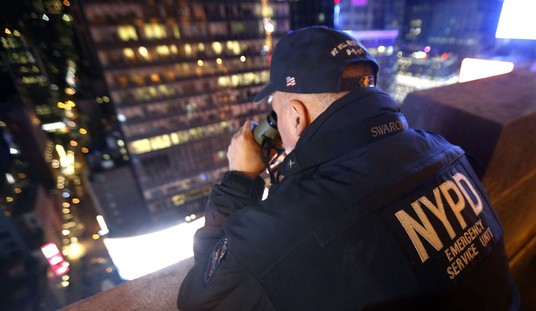Politics and Torah are literally worlds apart; they are made of different material and don’t easily coexist. True, one can always find something in Torah study that will bear on any subject—and yet, politics are profane, the Torah is sacred. We experience a measure of timelessness, a hint of eternity, when we study; we also gain illumination from Torah study, it explains difficult, intractable, even tragic earthly realities. Why dilute that pure light?
When the Jews are in danger, we are commanded to stop everything else in order to save even one life. Yes—one can even violate Shabbat in order to do so. Today, both the Jews and all humanity are in danger. What might the Pesach story have to teach us?
Like other groups, the Jews have always been in danger, have had to flee many Egypts, all the places of sorrow and danger, the many “narrow straits.” Unlike many other groups, the Jews have actually done so, we’ve gotten out—at least a remnant always has. Down the centuries, Jews keep “getting out.”
Sometimes, the Jews have had Jewish redeemers; sometimes our redeemers have been non-Jews. In our Pesach story, Moses, certainly born a Jew, was adopted and reared in Pharaoh’s palace, by Pharaoh’s courageous daughter. She reared him as an Egyptian prince, which partly explains why he was so easily able to enter Pharaoh’s inner sanctum, over and over again. No one dared stop him.

"Moses" by Marc Chagall (Left to right: Batya, daughter of Pharaoh; Miriam with baby Moses; Yocheved)
But let’s not forget that the Egyptian midwives and Moses’ mother, Yocheved, absolutely refused to follow Pharaoh’s orders. They committed civil disobedience by refusing to kill him, or other Jewish male infants. They didn’t know which one might someday become their leader. In fact, Yocheved carefully, lovingly, hopefully, prepared a basket for Moses, tucked him in, averted her own face, but sent her daughter Miriam to watch after the precious mini-Ark basket’s ebb and flow. At the final hour, she did not give up hope.
Moses himself was again saved, this time from the consequences of God’s anger, by his Midianite wife, Zipporah, Yitro’s daughter, and the mother of Moses’ only known children.
Why did Moses flee Egypt? The two Hebrew slaves whom Moses found hitting each other did not want Moses to judge them or stop them and threatened to inform on him to Pharaoh. He feared that the Jewish slaves would turn him in! In fact, the matter of his having killed the Egyptian taskmaster was already known to Pharaoh; someone had already turned him in. Due to “kotzer ruach,” the shortness of spirit which slavery exacts exceedingly well, the slaves are never able to redeem themselves, to work together, to rebel effectively on their own.
Crushed, embittered, dispirited, without an illusion left, the Jews eventually “cried out,” they prayed to God and God remembered our covenant and understood our predicament. This happens rather late in the day.

"The Parting of the Red Sea" by Arnold Friberg, commissioned for Cecil B. DeMille's epic motion picture "The Ten Commandments."
Let me stop and draw some possible parallels.
Once again, the Jews are facing enormous danger. This time, Pharaoh is not merely the ruler of one nation but is, rather, a global demon, a world-wide, many-faced Amalek. Therefore, we must understand that our redeemers may be both Jewish and non-Jewish, both male and female.
Facing down global jihad will require more than just Jews, many of whom do not see jihad as a threat, or as a threat to Israel, or to the West, or even to themselves. The mighty and miraculous Israel cannot face down jihad alone. Those who will stand against jihad and against the demonization of Judaism and Israel will be—already are—Christians, Hindus, Sikhs, secularists, and a precious handful of Muslims and ex-Muslims.
Once again, the heroes who have been the first to stand up and sound the alarm have placed themselves at risk—have risked everything to do so. Some have been forced to flee their own safe places, even their perches of privilege. No matter. God is on their side.

Taken from the Sarajevo Haggadah, a 14th century Spanish Haggadah which was rescued from the Nazis by a Muslim cleric.
Finally, as ever, perhaps it is also time for the Jews to cry out, to pray, to celebrate Passover with all our hearts, our minds, and our souls. I hope that we try to include our blessed supporters at our tables.
Chag Pesach Sameach to one and all.
Phyllis Chesler









Join the conversation as a VIP Member